Pope Francis has just returned to Rome from an extraordinary trip to Iraq, an overwhelmingly Muslim country, with a much reduced number of Christians, from 1,5 million to less than 400 000. It has a long history of war, division and power struggles, partly religious, ethnic and political. Corruption can be added to the list too and serious poverty has resulted from the years of war and destruction of infrastructure. Millions of people of all religions have been displaced internally or fled the country becoming refugees in many countries.
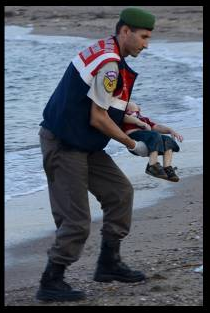
Pope Francis was the first Catholic Christian leader to visit and meet with both political and religious leaders as well as many ordinary people. Particularly meaningful visits were with the Shiite Muslim leader, Imam El Shistani and the father of the little boy who drowned when a boat carrying refugees sank and his little body was found, washed up on the shore in Turkey. He was given the name Alan Kurdi before he was identified. It was later discovered that other members of his family had drowned. The Pope also listened to a Christian Lady sharing her pain when her relatives and children were killed in front of her and how she decided not to take revenge. He praised her and all Iraqi women who behave courageously and need to be more protected, respected and promoted. Many Yezedi women were raped on a large scale by ISIS and they and their children are still stigmatized.
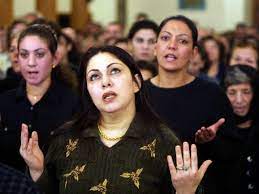
The Holy Father met and addressed various groups; an interreligious group, Catholic bishops and he officiated in Masses and other services. At the Mass in Baghdad, he preached on “living the Beatitudes”, which express the love Jesus demonstrated to us, saying, “The Beatitudes, not power, will change the world.” His pilgrim journey took him from Baghdad to Ur, Mosul, Erbil and Qaraqosh where the church had been bombed and desecrated by ISIS, who used it as a site for target practice. Some of these place names are known to us from the Bible and from more recent news reports of war, torture, rape of women and girls, and beheadings of innocent civilians by ISIS and other extremists. He repeatedly called for fraternity, reconciliation, forgiveness and mercy and encouraged people to rebuild.
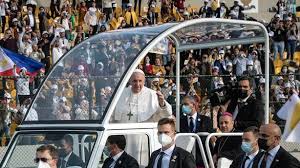
Why did Pope Francis risk life and health at this time to make this pilgrim journey of peace? What can we say about the country and its families?
When most of us think of Iraq it is about war and refugees. But for centuries already there and in other countries of the Middle East, there has been internal conflict, power struggles and wars with neighbours, in which western powers also became involved. In our 21st century we have seen images and heard of war, bombing, destruction of military, commercial and religious targets, the rise of the radical Islamic group ISIS and its partial defeat.
While in some places life continued fairly normally, in others homes and whole villages were destroyed and civilians from local minority and ethnic groups suffered tremendous hardships. Thousands lost family members. Millions of Muslims, Christians and Kurds chose to flee into exile for their own safety and a chance of a better life, even splitting up families.
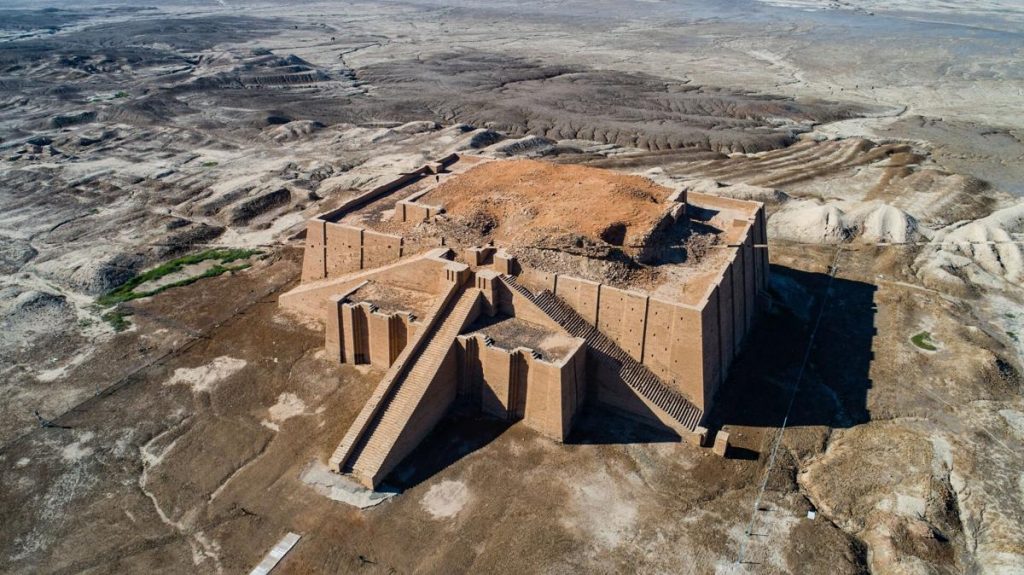
Iraq is the land of the Old Testament where Jews and many other tribes lived long before Christ and in the Christian era various groups of Christians lived there with others. At times and in places after Islam became dominant, 700 years later, some cohabitation was possible between these 3 Religions of the Book (Judaism, Christianity, Islam) but persecution of Christians did happen constantly. The Christian population, mainly Catholic, has decreased dramatically from 12% to 6%, 2 million to less than 300 000, in recent times due to civil war and Islamic radicalism under ISIS which had captured parts of the country, and been very active in the Kurdish region to which many Christians had fled.
What has been the faith and life experience of these Christian families in Iraq from early days until today? We are told that in many countries our time has seen the greatest number of people martyred for their beliefs whatever they may be. Clearly families have been torn apart and traditions challenged. Nevertheless the faith of many ordinary people, certainly the older generation, remains strong. At the same time, modern, more secular attitudes to life, human rights, empowerment of women and equality are factors too to be born in mind in rebuilding after this turbulent time of the ravages of the Covid-19 pandemic.
What was Pope Francis hoping to achieve for the sake of all God’s people and what was his overall message? Was it, fraternity and peace, forgiveness and hope as described in his encyclical FRATELLI TUTTI? At the end of his trip he said, “Today, I can see at first hand that the Church in Iraq is alive, and that Christ is alive and at work in this, His holy and faithful people.” Would that we, and all Christian families across the world, could say the same!
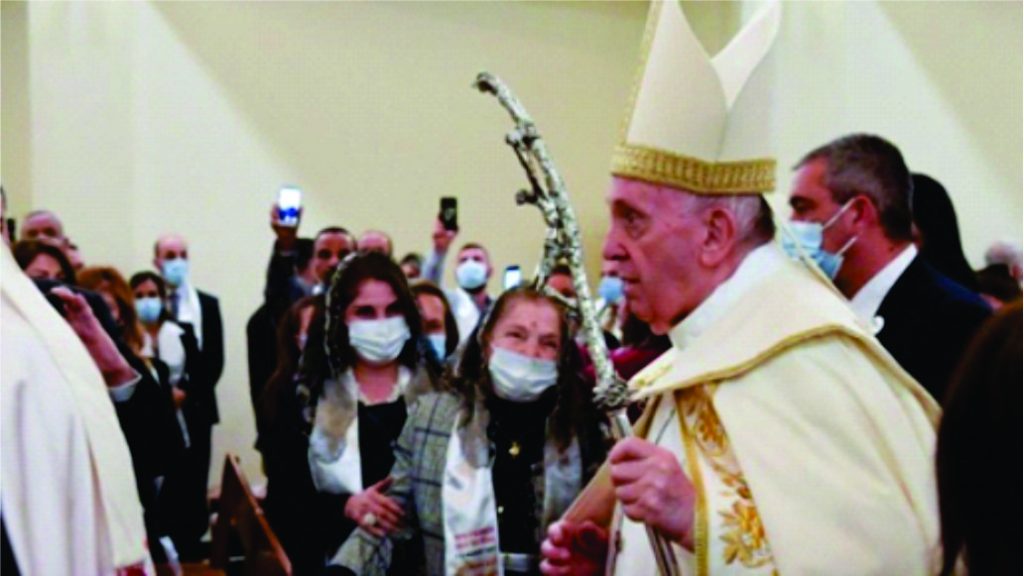
Tertullian, in the very early days of the Church witnessing the cruel persecution of Christians wrote, “The blood of martyrs is the seed of the Church.” Pope Francis, in Iraq, said “The wisdom of Jesus embodied in the Beatitudes calls for witness and offers divine promises, such as the kingdom of heaven, comfort, satisfaction of seeing the face of God, which guarantee unrivalled joy and never disappoint.”
While recognizing their pain and suffering can we not honour those witnesses of Iraq as modern day martyrs, who also sacrificed and gave their lives for their faith and commitment to Jesus Christ? TR FAMILY WEEKLY
“Praised be You, my Lord, though those who give pardon for love of You, and bear sickness and trial. Praised are those who endure in peace. By You Most High they will be crowned.” St Francis, Canticle of the Creatures. From LOVE IS HIS LAW, LOVE IS HIS WAY. MARFAM, February 24.


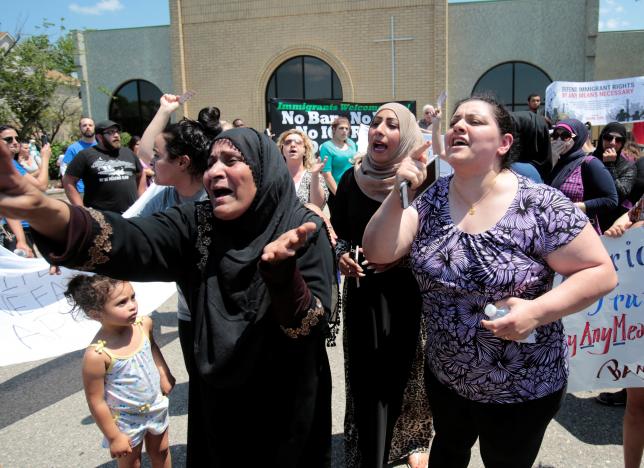
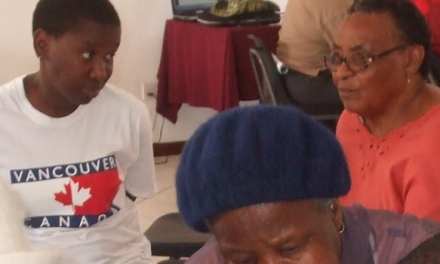

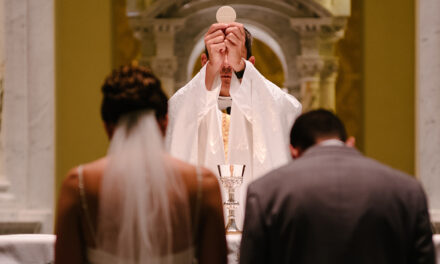
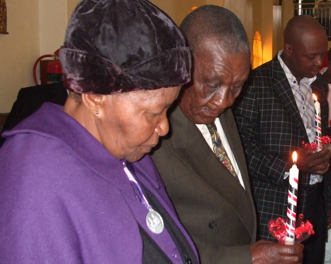

Recent Comments